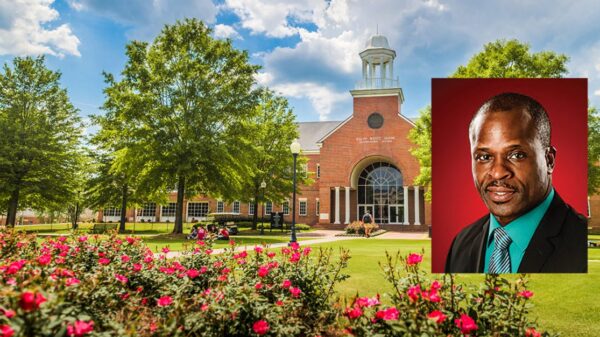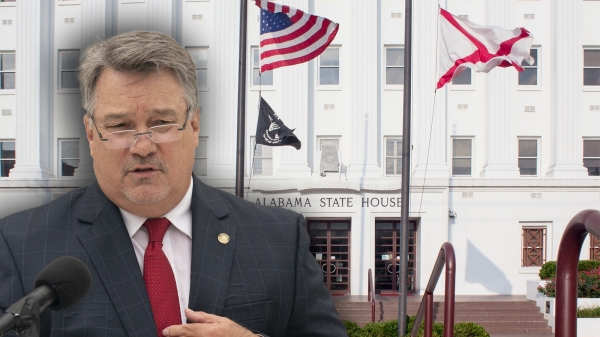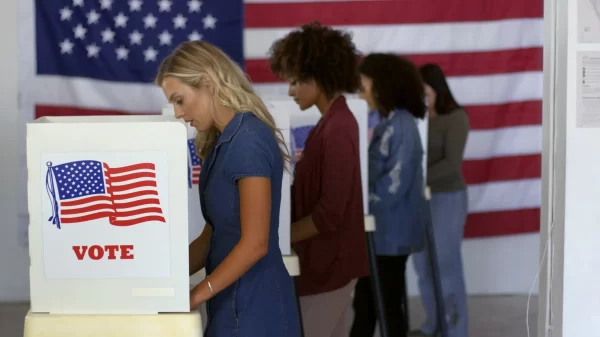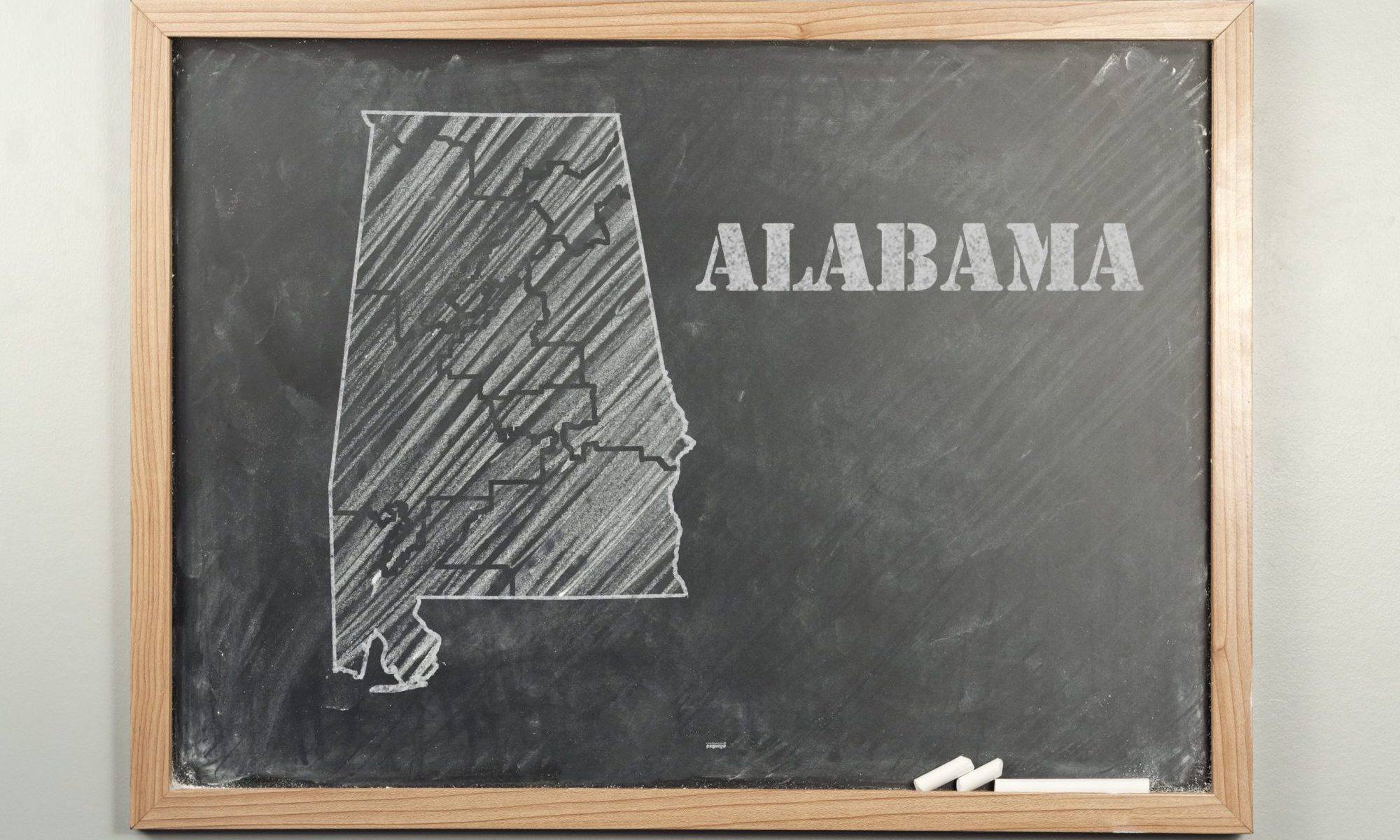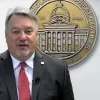Alabama Gov. Kay Ivey will join the Alabama Bicentennial Commission on Friday to kick off Alabama’s bicentennial year countdown.
Alabama officially became the nation’s 22nd state on December 14, 1819. In one year, on December 14, 2019, Alabama will celebrate its 200th anniversary as a state.
Gov. Ivey will mark the occasion with an Alabama Bicentennial Year Announcement at 10:00 a.m. at the Old House Chamber of the Alabama State Capitol.
Economic developer and Alabama historian Nicole Jones told the Alabama Political Reporter, “What does it mean to have an unwavering commitment to our state? It is recognizing that every county in Alabama is a priceless treasure, encompassed with an abundance of history and heart.”
“The Alabama 200 initiative provides an opportunity to recognize the people, past and present, who have shaped our state,” Nicole Jones continued. “Talented folks across generations and from various walks of life have utilized their gifts to make Alabama a special place, the best state, to live. Each of our 67 counties has experienced significant events as they pertain to societal, cultural, economic, and technological history. The three—year Bicentennial celebration serves as an educational opportunity as well as a way to engage residents to participate in civic and community events and record historic accounts for future generations. It is almost as if we are creating a three-year time capsule that encompasses the past 200 years.”
“Any person or company can participate in the bicentennial in a myriad of ways. Alabama Public Television, for example, has contributed by producing Alabama Legacy Moments – 30-90 second video segments that showcase Alabama people and places, which entice viewers to further explore our state,” Nicole Jones added. “APT made the video clips, which feature original music by Bobby Horton and content from the Encyclopedia of Alabama, available free of charge for all commercial radio and television stations. Alabama’s Federal Road, the US Space and Rocket Center, Bear Bryant, Freedom Rides, DeSoto Caverns, the Longleaf Pine, and Luther Leonidas Hill’s contributions to medicine are just a few topics highlighted.”
“Another special exhibit currently making its way through Alabama’s 67 counties is Making Alabama, A Bicentennial Traveling Exhibit presented by the Alabama Humanities Foundation with support from Alabama Bicentennial Commission and Alabama Department of Archives and History,” Nicole Jones continued. “The exhibit uses a combination of artifacts, storyboards, storytellers, festivals, photographs, and kiosks to highlight Alabama from 1819 through today.”
Nicole Jones concluded, “The study of history provides us an opportunity to bridge the past with the present, learn what works and learn from mistakes, formulate hypotheses, and make informed decisions that hopefully will allow us to gain confidence in the future. We all are part of Alabama. Let us each take a moment to participate in our own unique ways and share our history, our story, with others.”
Alabama became a Territory on March 3, 1817 following the defeat of hostile Creeks in the Creek Indian War.
The stated mission of ALABAMA 200: “Is to support, create, and execute events and activities that commemorate the stories of our people, place, and path to statehood. Between 2017 and 2019, ALABAMA 200 will engage residents and visitors in educational programs, community activities, and statewide initiatives that teach, inspire, and entertain.”

























